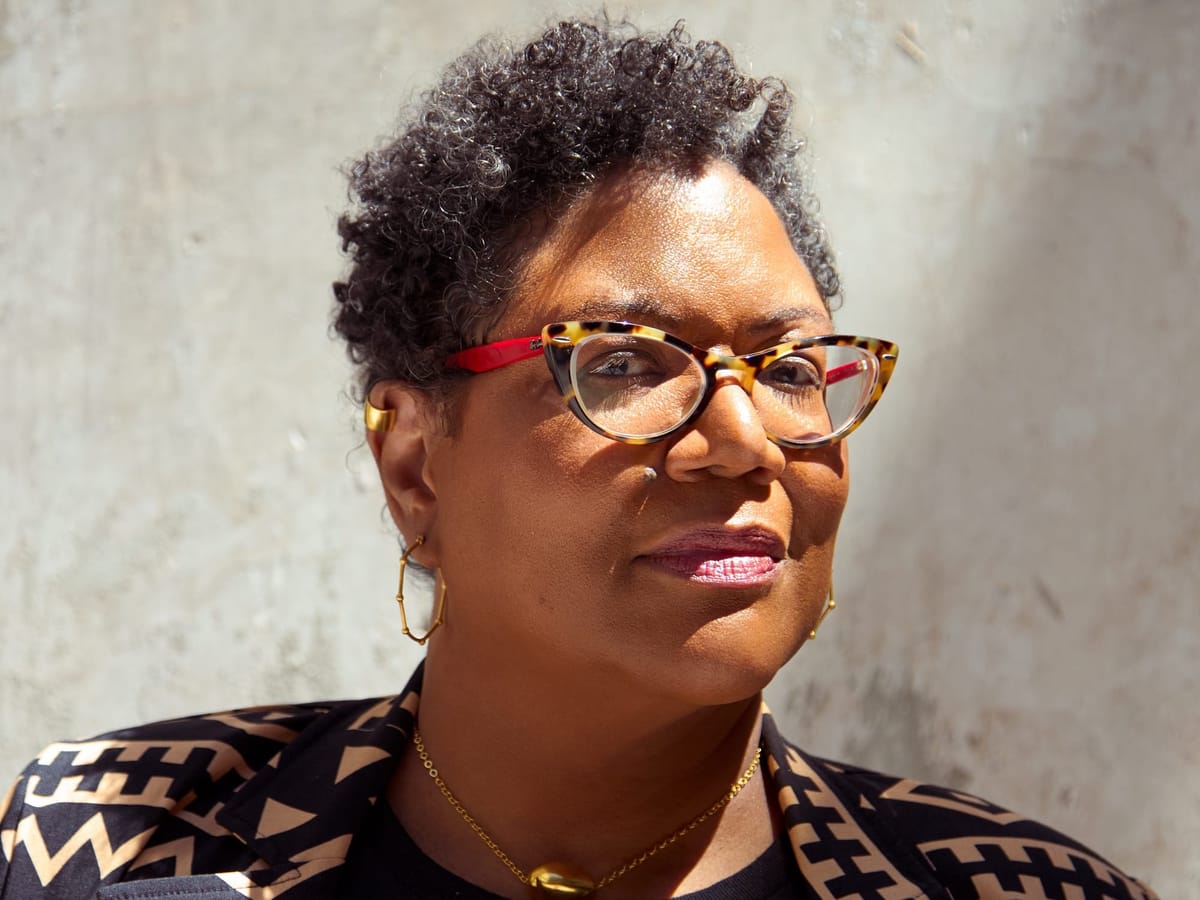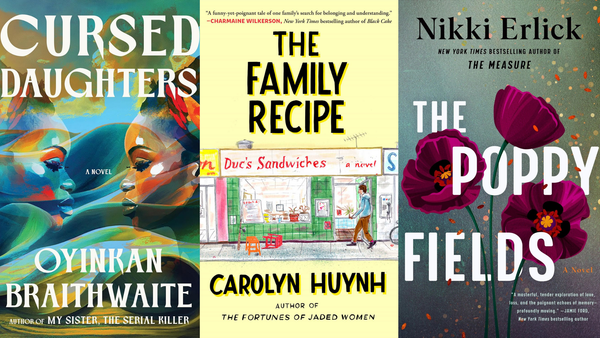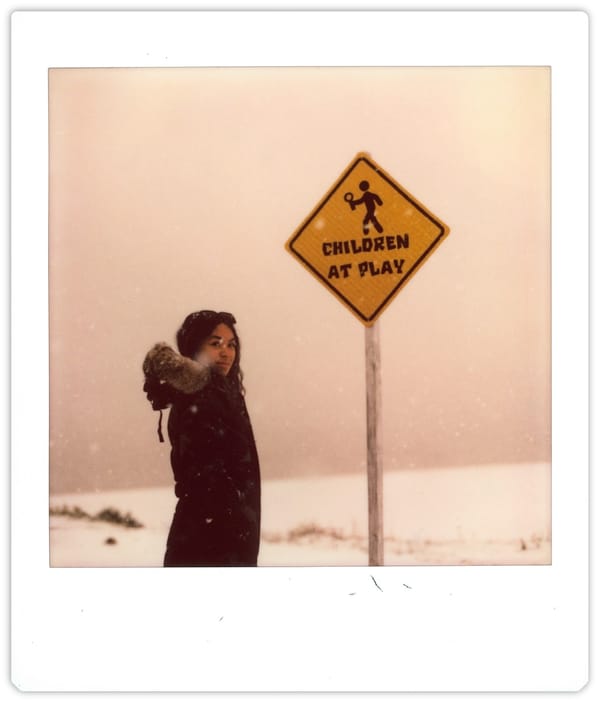An open letter to the white person who might read ‘Misbehaving at the Crossroads’
Honoreé Fanonne Jeffers’ collection is a reflection of contemporary life that belongs in any home library. Yes, even yours.

Dear White Person,
As a critic, I always have to hold two truths in tension: one, I like reading and writing about books by BIPOC writers and want to write for people like me who have felt underrepresented in the book world. Two, the people who approve, promote and even just read said reviews are overwhelmingly white.
This leaves me with the task of writing a review that feels authentic to me but is also mindful of the audience who will actually read it — which even if it’s not stated, even if I actively work against it, even if I choose to write for a publication that is centered on BIPOC writers, is always, at least implicitly, you. “Misbehaving at the Crossroads,” the latest collection of essays and other writings by author, poet and professor Honorée Fanonne Jeffers, gave me the audacity to not care about that.
The collection opens on January 6, 2021, as Jeffers watched the insurrection from her bedroom in Norman, Oklahoma and closes with her sitting by her mother in her last days in the fall of 2023. The essays follow a non-linear arc, exploring topics ranging from Jeffers’ own family history to her late friend’s use of the N-word as a verb to the brilliance of Toni Morrison’s only published short story, “Recitatif.”
Jeffers has a strong and beautiful writing style, whether it’s poetry, letters or essays. She is no stranger to writing about difficult topics, and she’s not one to mince words about it. Her 2021 debut novel, “The Love Songs of W.E.B. DuBois,” is a nearly 800-page novel that follows a Black family from before the Civil War to the present. The prose is also interspersed with poetic passages, which provide glimpses into the protagonist’s ancestors’ history.
In this essay collection, Jeffers expresses confusion about people labeling the novel with trigger warnings on review platforms on social media: “Did anyone picking up my book really expect a breezy, amusing read?”
“The truth is that, when it comes to the United States, the actual history of my ancestors is a trigger warning,” she continues in the essay.
I won’t label the trigger warnings for you, but take the current state of America and the history of Black Americans as a trigger warning that it is. Don’t expect a breezy, amusing read this time around either. Jeffers writes trauma and abuse in her own life, in history and sometimes a blend of the two, deftly and unflinchingly.
That being said, at times, the book is genuinely really funny.
That might sound weird to say, but the asides in her open letter to Obama, where she tells the former president she loves him so much but “(Not in a creepy way. Don’t be alarmed)” are funny. The premise of the essay, “Imaginary Letter to the White Lady Colleague Who Might Have Sat Next to Me at One of the Now Eliminated University Workshops for Diversity, Equity, and Inclusion Training,” is funny. The scene in said essay when Jeffers says what I have only fantasized about saying to nice white liberals at PWIs is funny. Having someone articulate a frustration I’ve swallowed too many times so bluntly is funny. I don’t know if you’re ready to hear that, but it is.
“Misbehaving at the Crossroads” is a love letter to Black writers, her ancestors and misbehavior. It balances the darkness and turmoil of our current moment with the ability to laugh at the absurdities while also gently reminding us how we got here in the first place. History is not made in a vacuum, and part of processing that is diving into the way that people are positioned in society. In a variety of ways, Jeffers explores the crossroads Black women find themselves at between colonialism, slavery, patriarchy and power.
It’s a reflection of contemporary life that belongs in any home library. Yes, even yours.
Sincerely,
Serena





